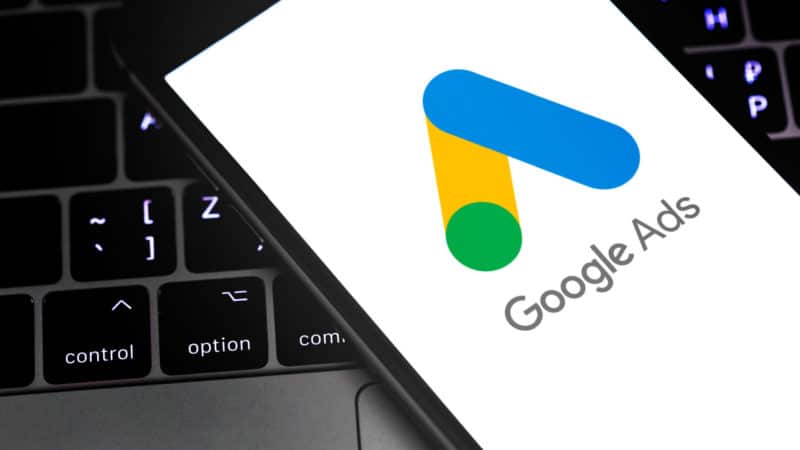
Unlocking New Potential: Google’s Update to Performance Max and Demand Generation Campaigns
In the ever-evolving landscape of digital marketing, one question consistently pops up: how can advertisers achieve better targeting and efficiency? With Google’s latest announcement regarding significant updates to Performance Max (PMax) and Demand Generation campaigns, the answer seems clearer. The introduction of campaign-level negative keyword exclusions marks a pivotal moment for advertisers, allowing for enhanced control over the specific search queries that can trigger their ads. This tailored approach not only fine-tunes ad targeting but also aligns marketing efforts with both brand identity and audience needs.
As Google prepares to roll out these features later this year, marketers are set to benefit from a new layer of campaign management. By enabling advertisers to exclude specific keywords at the campaign level, this feature addresses a long-standing request within the advertising community, thus promoting a more strategic focus on ad relevance. Advertisers are now empowered to curate their target audience effectively, which is crucial in a competitive digital marketplace.
Moreover, Google’s enhancements to Demand Generation campaigns further solidify its commitment to improving advertiser outcomes. With omnichannel bidding on the horizon, marketers will gain the ability to seamlessly optimize campaigns not only for online conversions but also for those occurring in physical retail spaces. This integration is vital as businesses increasingly navigate the complexities of hybrid shopping experiences, where online interactions lead to in-store revenue.
The expansion of Demand Gen campaigns into Display & Video 360 signifies another strategic move by Google. This development will grant advertisers improved flexibility in media buying workflows, supporting more efficient allocation of resources across channels. Set to be implemented in October, this enhancement is likely to transform how companies manage their digital marketing strategies.
It’s worth noting that these updates highlight Google’s reliance on AI-driven tools to maximize return on investment (ROI). By providing advertisers with greater control and security over their campaigns, Google is facilitating a future where data-driven decision-making becomes the norm. This shift aligns with the evolving expectations of advertisers increasingly seeking strategic insights from their marketing platforms.
For those in the digital marketing realm, understanding how these features interplay with existing practices like URL Shorteners and short link management could yield promising benefits. Advertisers can leverage short links to enhance tracking and engagement metrics, further ensuring that their refined targeting garners measurable results across multiple campaigns.
In conclusion, Google’s updates signal a powerful transformation in advertising capabilities. As these features come to life, companies are likely to find new avenues for deep audience connection and strategic control. Adaptation to these changes will be crucial for success in the increasingly sophisticated world of digital marketing.
#BitIgniter #LinksGPT #UrlExpander #UrlShortener #DigitalMarketing #GoogleUpdates #PerformanceMax #DemandGen
Want to know more: here


